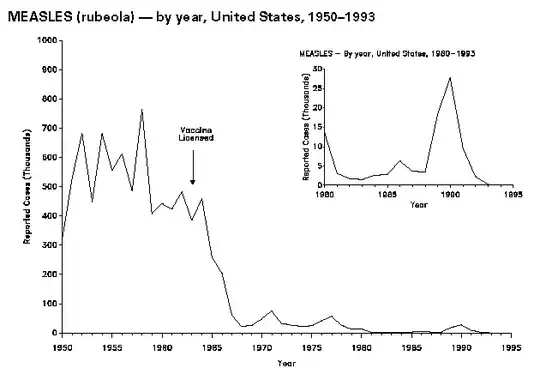Got this today on my facebook wall...
Alarming New Study: Unvaccinated Kids are Healthier
The study’s findings really make you wonder. Here’s some of the specifics:
- Vaccinated children were more than three times as likely to be diagnosed on the Autism Spectrum (OR 4.3)
- Vaccinated children were 30-fold more likely to be diagnosed with allergic rhinitis (hay fever) than non-vaccinated children
- Vaccinated children were 22-fold more likely to require an allergy medication than unvaccinated children
- Vaccinated children had more than quadruple the risk of being diagnosed with a learning disability than unvaccinated children (OR 5.2)
- Vaccinated children were 300 percent more likely to be diagnosed with Attention Deficit Hyperactivity Disorder than unvaccinated children (OR 4.3)
- Vaccinated children were 340 percent (OR 4.4) more likely to have been diagnosed with pneumonia than unvaccinated children
- Vaccinated children were 300 percent more likely to be diagnosed with an ear infection than unvaccinated children (OR 4.0)
- Vaccinated children were 700 percent more likely to have surgery to insert ear drainage tubes than unvaccinated children (OR 8.01)
- Vaccinated children were 2.5-fold more likely to be diagnosed with any chronic illness than unvaccinated children
Are unvaccinated Kids are Healthier?
